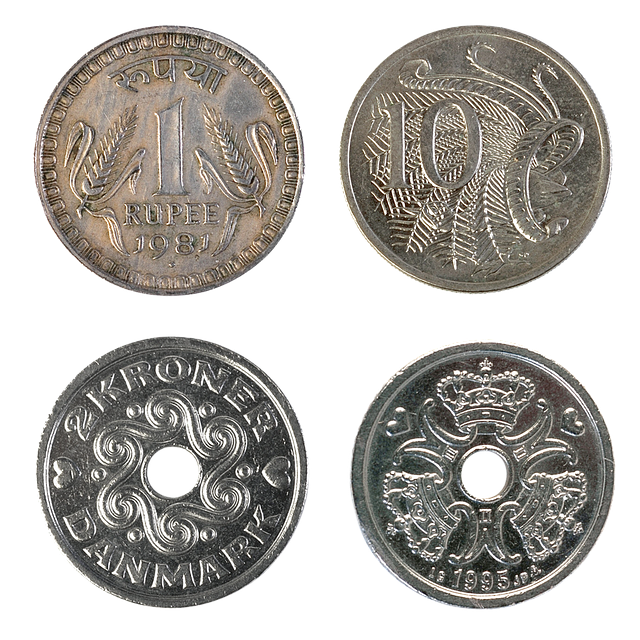Car title loan credit score requirements significantly impact loan terms, with higher scores leading to better conditions. Lenders assess creditworthiness using credit scores, income, and vehicle value, balancing risk and funding access. Understanding these requirements is vital for borrowers in cities like Fort Worth and San Antonio to secure favorable car title loan terms.
Do credit score requirements influence loan terms and rates? This article delves into the intricate relationship between car title loan credit score requirements and the conditions you face. We explore how your credit score plays a pivotal role in shaping loan offers, focusing on car title loans. Understanding these dynamics is crucial when navigating financial decisions. By examining loan terms and rate variations based on creditworthiness, readers can make informed choices regarding their borrowing power.
- Understanding Credit Score Role in Car Title Loans
- Loan Terms: How Credit Impacts Conditions
- Exploring Rate Variations Based on Creditworthiness
Understanding Credit Score Role in Car Title Loans

A car title loan is a short-term financing option secured by an individual’s vehicle. Understanding how credit scores play a role in this process is crucial, especially for those considering San Antonio loans or bad credit loans. In the case of car title loans, lenders will indeed look at your credit score as one of the primary factors when evaluating your loan application. However, it’s not the only determinant. Lenders also assess the value and condition of the vehicle being used as collateral, as well as the borrower’s ability to repay the loan based on their income and other financial obligations.
While a higher credit score can lead to more favorable loan terms and rates, it’s important to note that car title loan providers have different criteria. In many cases, they may offer competitive interest rates for borrowers with good or excellent credit, but those with lower credit scores are not automatically excluded. The title loan process involves an evaluation of the borrower’s financial health and the security provided by the vehicle, allowing lenders to mitigate risks associated with bad credit loans and ensure a mutually beneficial agreement.
Loan Terms: How Credit Impacts Conditions

A borrower’s credit score plays a pivotal role in determining the terms offered by lenders, especially when it comes to short-term financing options like car title loans. Credit score requirements set by lenders for car title loans can influence various conditions, such as interest rates, repayment periods, and loan amounts. For individuals with excellent credit, these requirements may be more lenient, allowing for higher borrowing limits and potentially lower interest rates. Conversely, borrowers with lower credit scores might face stricter criteria, resulting in shorter repayment terms and higher annual percentage rates (APRs).
When considering a car title loan, the lender will assess your creditworthiness based on your credit score, along with other factors like income and vehicle valuation. This evaluation directly impacts the loan terms, as lenders aim to mitigate risk. For instance, a good credit score might lead to a more favorable loan structure, including extended repayment periods, which can reduce monthly payments. In contrast, bad credit could result in shorter repayment windows and higher costs over time, emphasizing the significance of understanding car title loan credit score requirements before securing such financing.
Exploring Rate Variations Based on Creditworthiness

When considering a car title loan, one of the primary factors lenders assess is your creditworthiness, which is heavily influenced by your credit score. Credit score requirements play a significant role in determining not only the terms of the loan but also the interest rates you’ll be offered. Lenders often use these scores to gauge the risk associated with lending money to an individual or business.
For instance, in cities like Fort Worth and San Antonio, where car title loans are prevalent, lenders may provide more favorable loan approval rates and terms for borrowers with higher credit scores. Conversely, those with lower credit ratings might face stricter conditions, including higher interest rates or reduced borrowing limits. Understanding these rate variations is crucial for prospective borrowers, as it can significantly impact the overall cost of their loan.
Credit score requirements play a significant role in determining the terms and rates of car title loans. Lenders often use these scores to assess borrower risk, which can influence interest rates and loan periods. Understanding how your credit score impacts these factors is essential when considering a car title loan. By evaluating your creditworthiness, lenders can offer tailored loan conditions, ensuring a mutually beneficial agreement.






